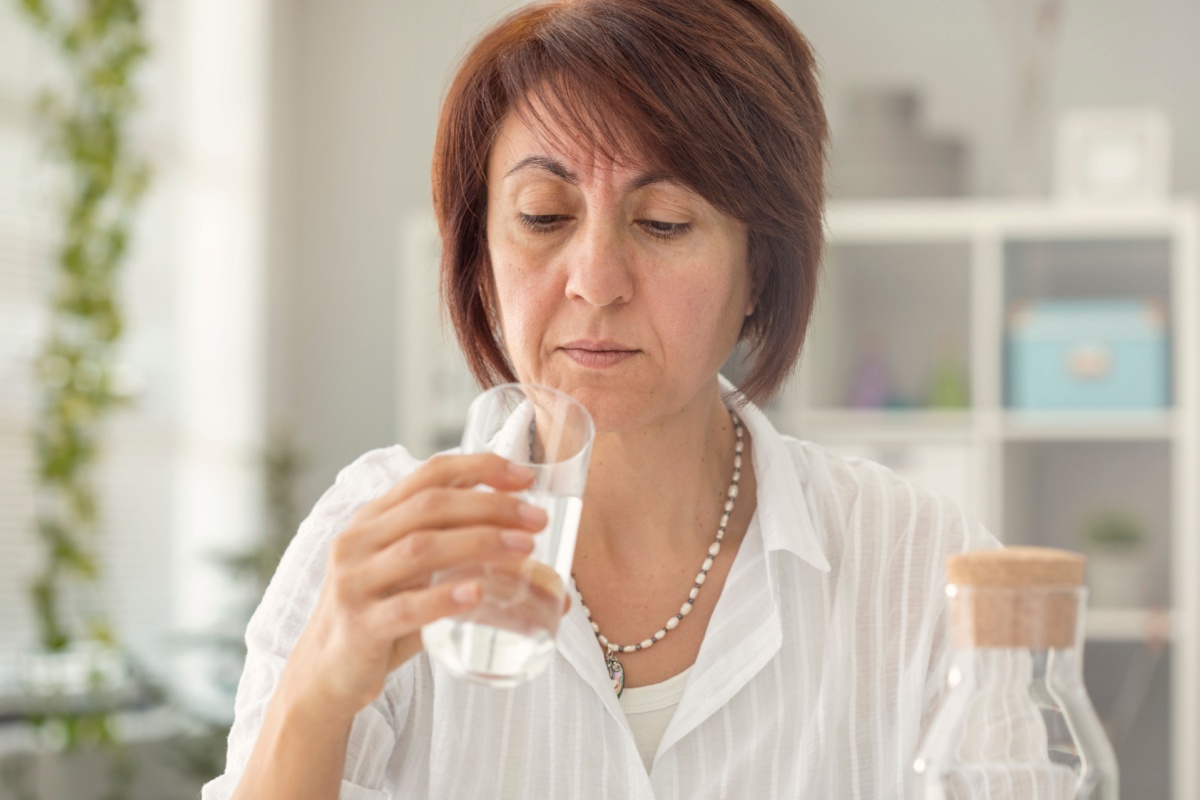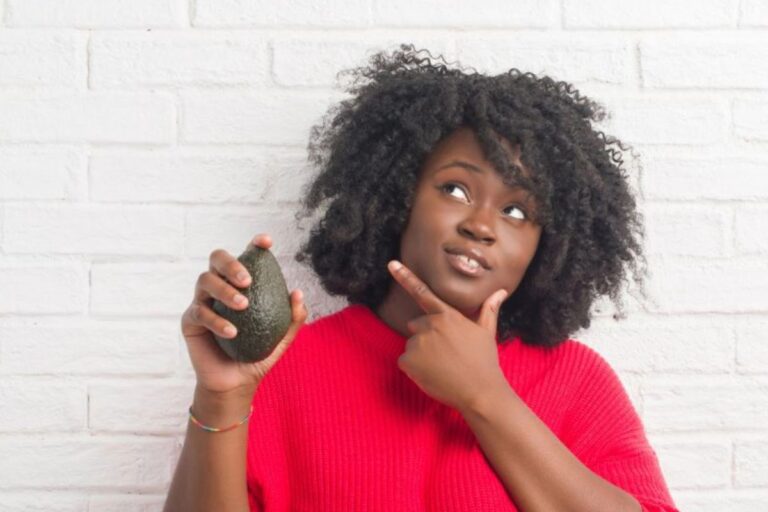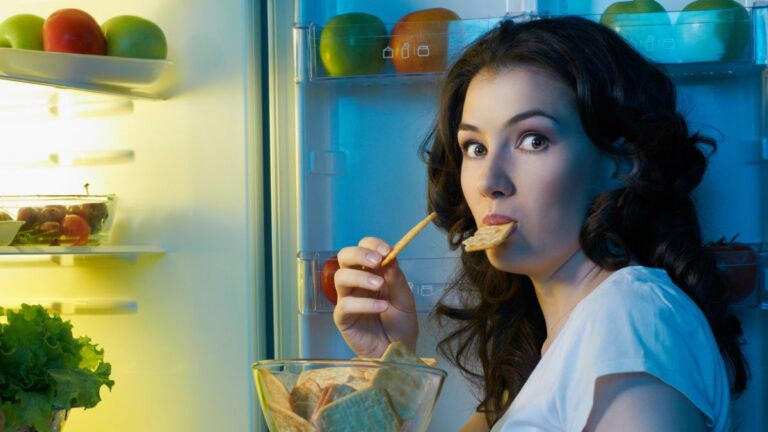15 Dangerous Myths About Hydration You Need to Stop Believing
Staying hydrated is important for overall health, but there are many misconceptions about how much water you need and the best way to stay hydrated. These myths can sometimes confuse or lead to bad habits that might harm your health. In this article, we’ll debunk these common hydration myths so you can make better decisions and keep your body well-hydrated.
You Need to Drink 8 Glasses of Water Every Day
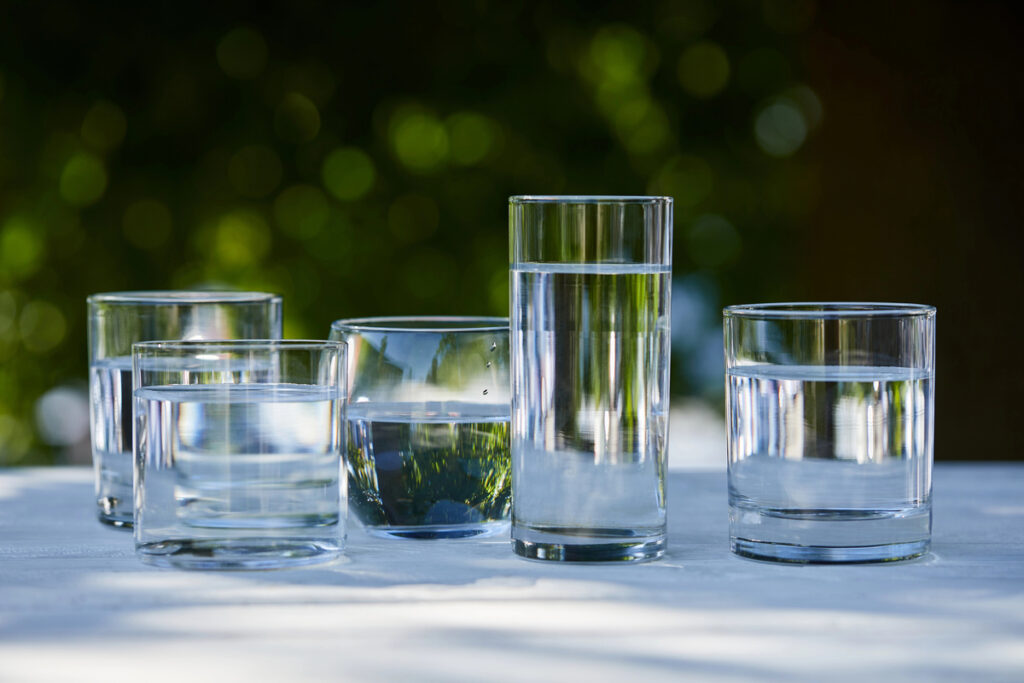
One of the most common hydration myths is that everyone needs exactly 8 glasses of water daily. The truth is that your hydration needs depend on several factors, such as your age, weight, activity level, and climate.
Some people might need more water, while others can get by with less. The idea of “8 glasses” is a simple guideline, but it’s not a one-size-fits-all rule. It’s better to listen to your body and drink when you feel thirsty. You should also consider how much water you’re getting from food and other beverages.
Drinking Lots of Water Flushes Out Toxins
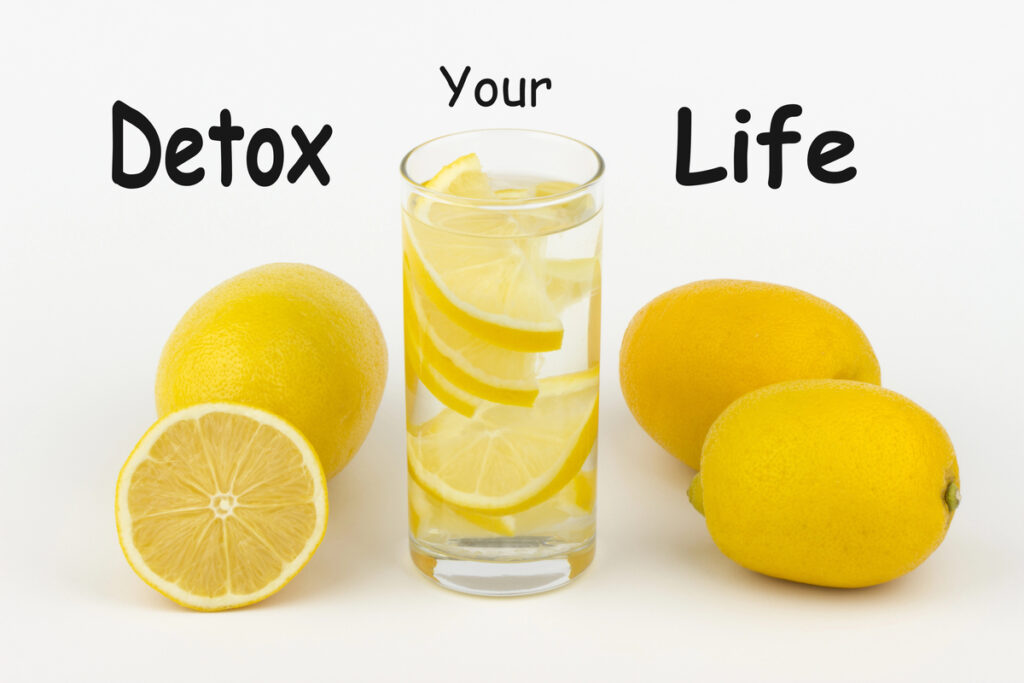
While water is essential for your kidneys to filter waste, the idea that you must drink excessively to “flush out toxins” is misleading. Your kidneys do a great job of removing waste from your blood with the water you naturally consume.
Drinking more water than your body needs will not necessarily improve your kidneys’ function; in fact, too much water can overwork them.
Instead of chugging endless water, focus on maintaining a balanced diet and a healthy lifestyle to support your body’s natural detox processes. Your organs are designed to manage toxins effectively.
Thirst Is a Sign You’re Already Dehydrated
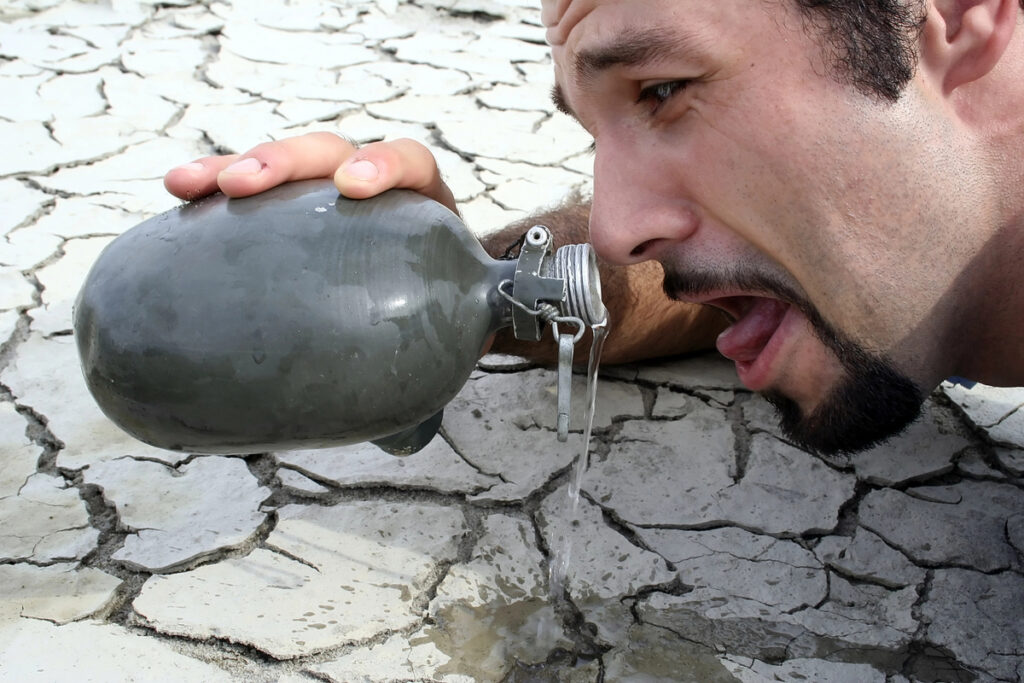
Many people believe that if you feel thirsty, you’re already dangerously dehydrated, but that’s not entirely true. Thirst is a normal signal from your body that it’s time to drink some water. It doesn’t mean you’re severely dehydrated; it just means your body needs a little more hydration.
Dehydration becomes a concern when you ignore your thirst for too long or lose a lot of fluids through sweat or illness. As long as you drink when you’re thirsty, you’re probably staying adequately hydrated.
Coffee and Tea Dehydrate You
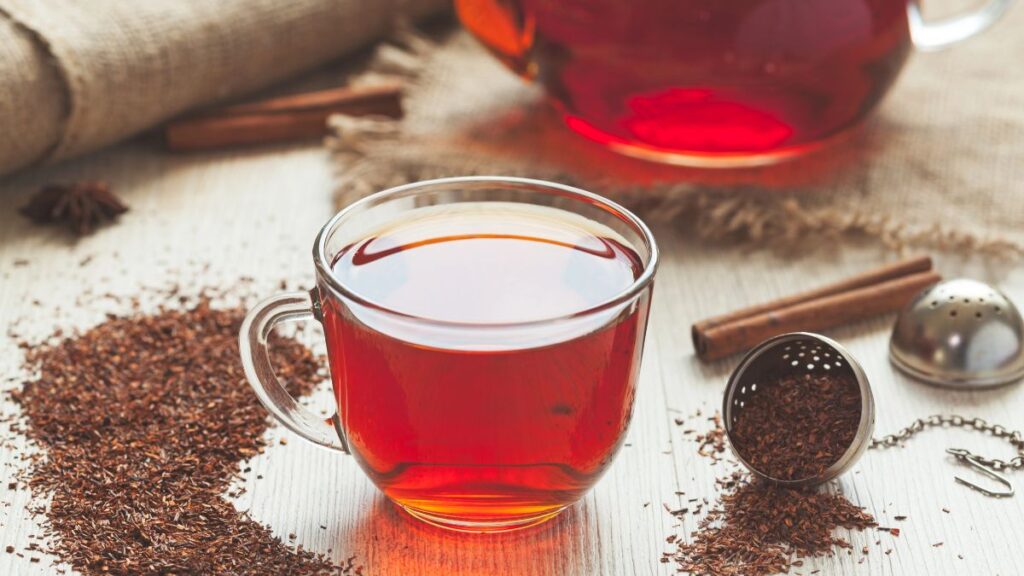
Caffeinated drinks like coffee and tea are often said to dehydrate you, but this is mostly a myth. While caffeine can have a mild diuretic effect, which makes you urinate more, the water in these beverages still contributes to your hydration.
You don’t need to avoid coffee or tea if you’re trying to stay hydrated—just be mindful of how much caffeine you’re consuming overall. In moderate amounts, these drinks can help keep you hydrated. So, feel free to enjoy your morning cup of coffee without worrying about dehydration.
You Can Only Stay Hydrated with Water
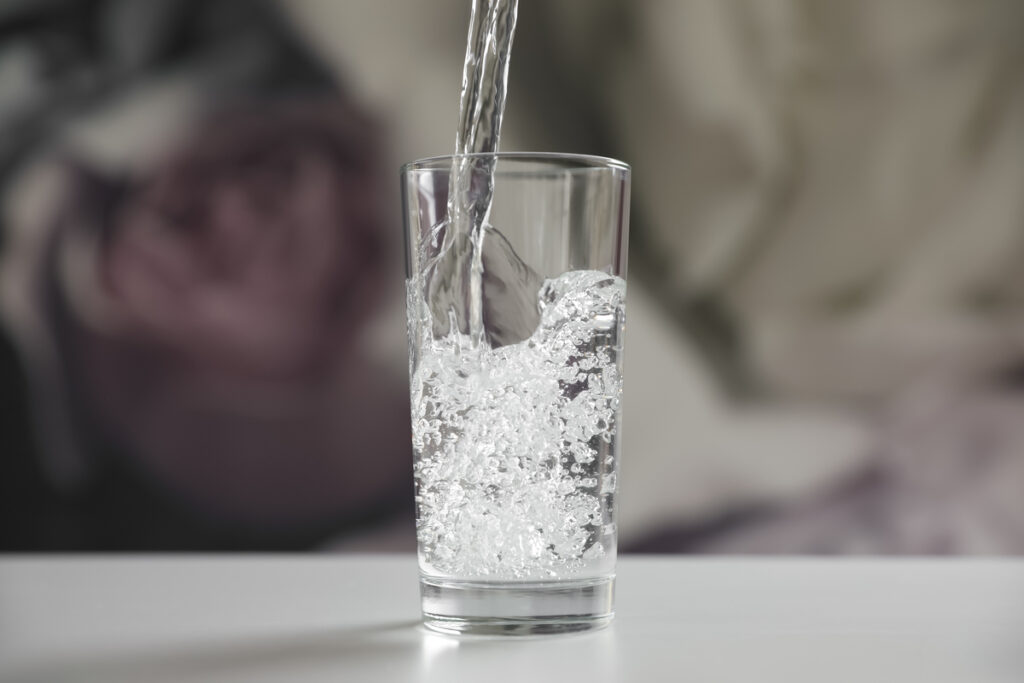
Water is, of course, an excellent way to stay hydrated, but it’s not the only option. Many foods, like fruits and vegetables, contain a lot of water and can contribute to your daily hydration. Foods like watermelon, cucumbers, and oranges are packed with water and help keep you hydrated throughout the day.
Other drinks, like milk, herbal teas, and even broths, also contribute to your hydration levels. So, while water is great, don’t forget that what you eat also plays a role in keeping you hydrated.
Clear Urine Means You’re Perfectly Hydrated
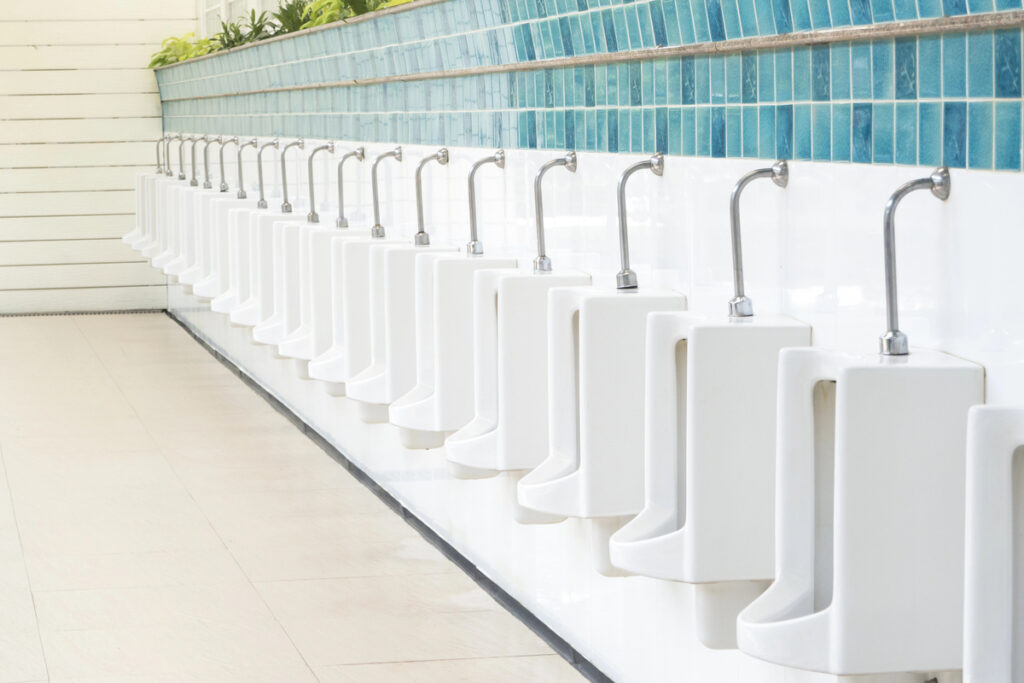
Clear urine is often seen as the gold standard for hydration, but it’s not always a sign of perfect hydration. Completely clear urine might indicate that you’re drinking too much water.
Ideally, your urine should be light yellow, which shows you’re getting enough water without overdoing it. Drinking too much water can flush out essential minerals from your body. Pay attention to your thirst and the color of your urine, but don’t stress about keeping it clear.
You Can’t Drink Too Much Water
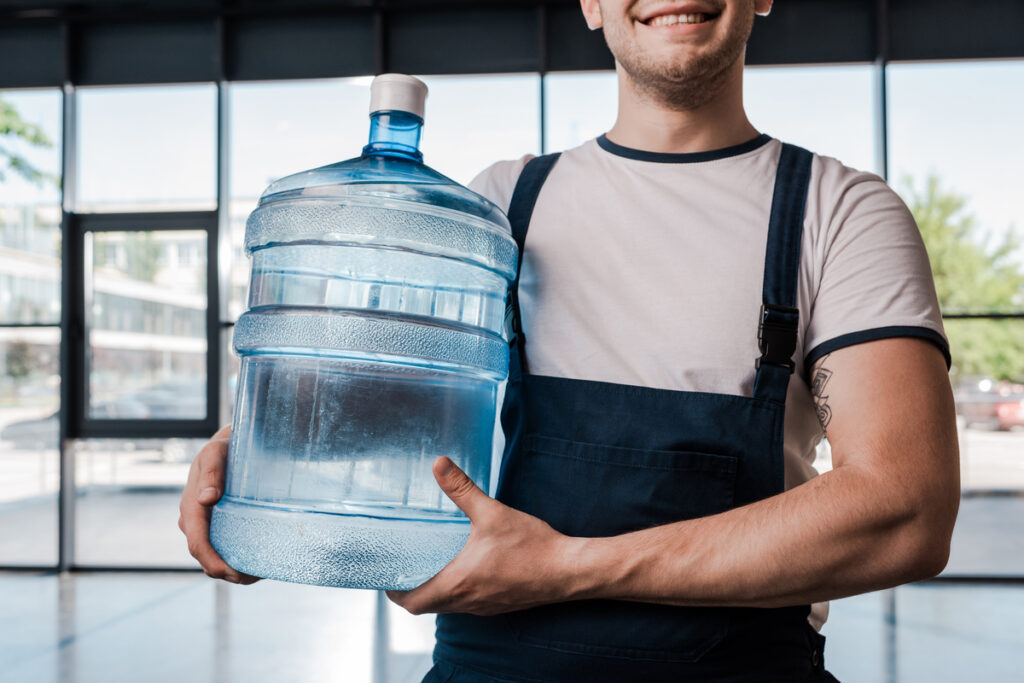
Many people believe that drinking as much water as possible is always healthy, but overhydration can be dangerous. Drinking too much water in a short period can lead to a condition called water intoxication or hyponatremia.
This happens when your body’s sodium levels become diluted, which can cause symptoms like nausea, confusion, and in extreme cases, even seizures. Drinking water consistently throughout the day is important, but don’t go overboard. Balance is key when it comes to hydration.
Bottled Water Is Always Better Than Tap Water
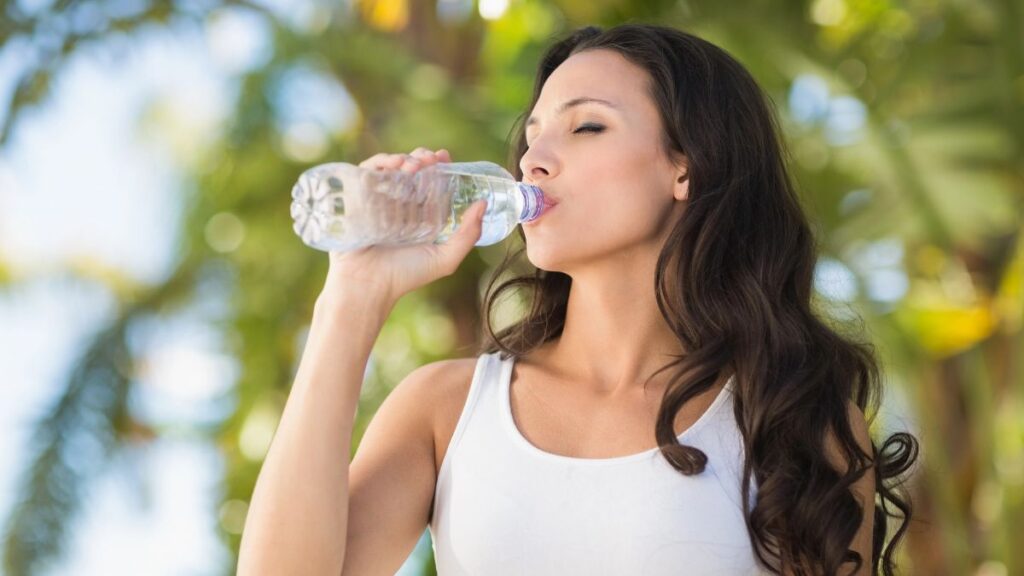
Bottled water is often marketed as cleaner or safer than tap water, but that’s not always true. In many cases, tap water is just as safe to drink as bottled water and is held to strict safety standards. Bottled water can also be more expensive and harmful to the environment due to plastic waste.
If you’re concerned about the quality of your tap water, you can use a filter to improve its taste and remove any potential contaminants. But in most cases, tap water is perfectly fine and an environmentally friendly choice.
You Should Drink Water Constantly During Exercise
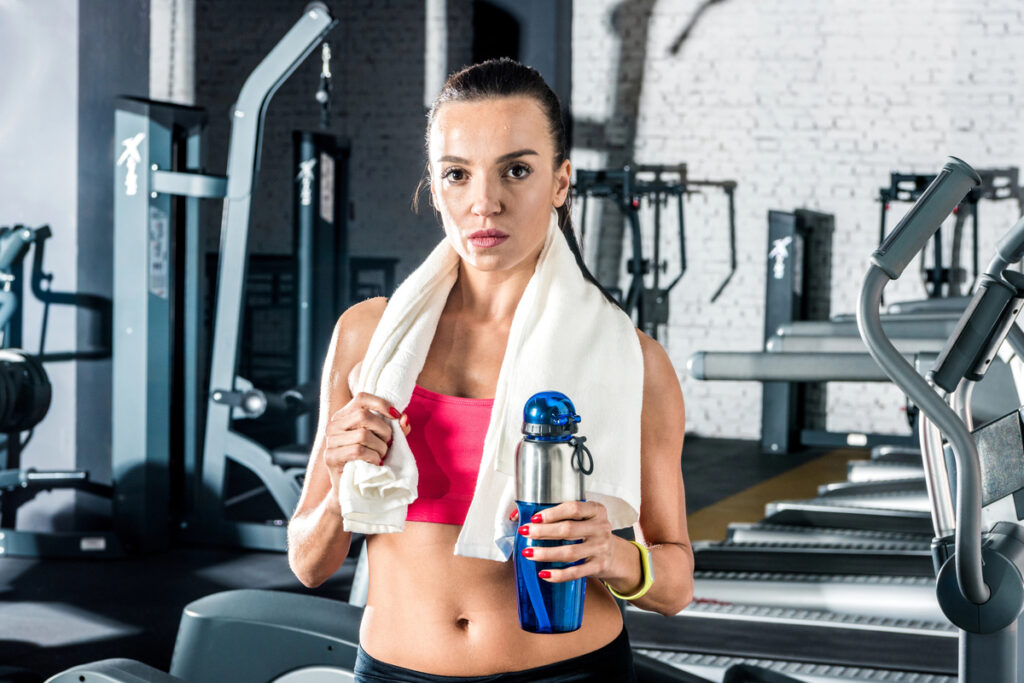
It’s important to stay hydrated during exercise, but there’s no need to gulp down water constantly. Drinking too much water during intense activity can lead to overhydration, which can be just as dangerous as dehydration.
A good rule of thumb is to drink small amounts of water before, during, and after exercise, especially if you’re sweating a lot. Pay attention to how your body feels, and don’t force yourself to drink if you’re not thirsty. Your body is pretty good at telling you when it needs water.
Only Cold Water Hydrates Properly
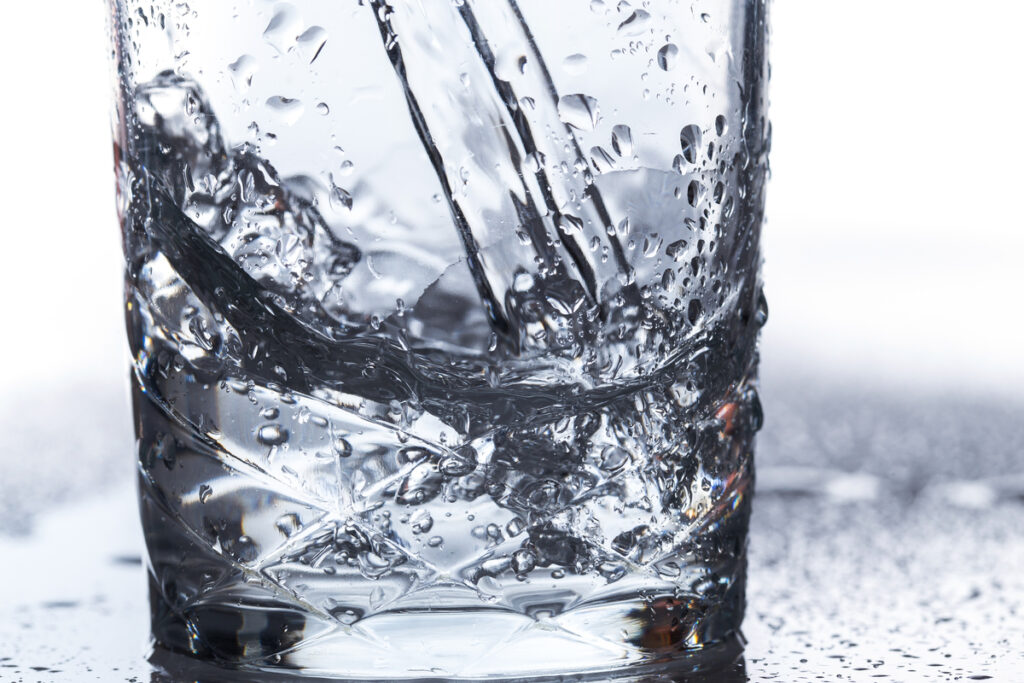
Some people believe that cold water is more effective for hydration, but the temperature of the water doesn’t matter for hydration. Whether it’s cold, room temperature, or warm, water will hydrate you just the same.
The key is to drink enough water based on your body’s needs, regardless of the temperature. Cold water might feel more refreshing after a workout, but it’s not more hydrating than warm water. Drink whatever temperature feels best to you, and don’t stress about it.
Drinking Water Helps You Lose Weight
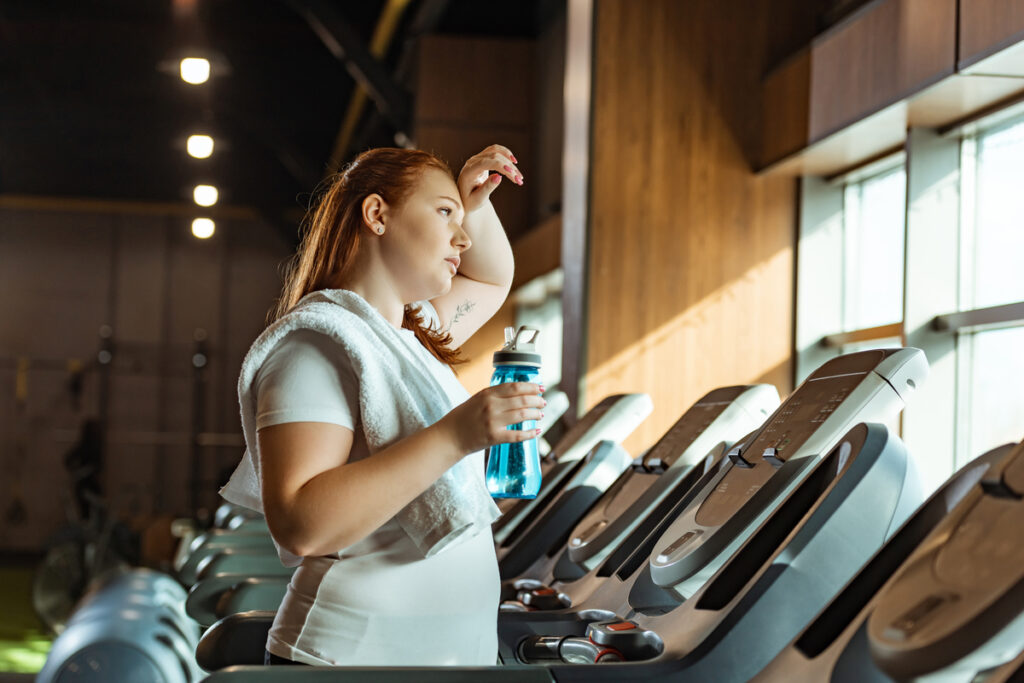
While staying hydrated is important for overall health, water alone won’t magically help you lose weight. Drinking water before meals can help you feel fuller and prevent overeating, but it’s not a miracle solution for weight loss. You’ll still need to focus on a balanced diet and regular exercise to see real results.
Water can support your weight loss efforts by helping with digestion and metabolism, but it’s not a substitute for healthy habits. Remember, water is just one part of the bigger picture regarding weight loss.
You Don’t Need to Drink as Much Water in Winter
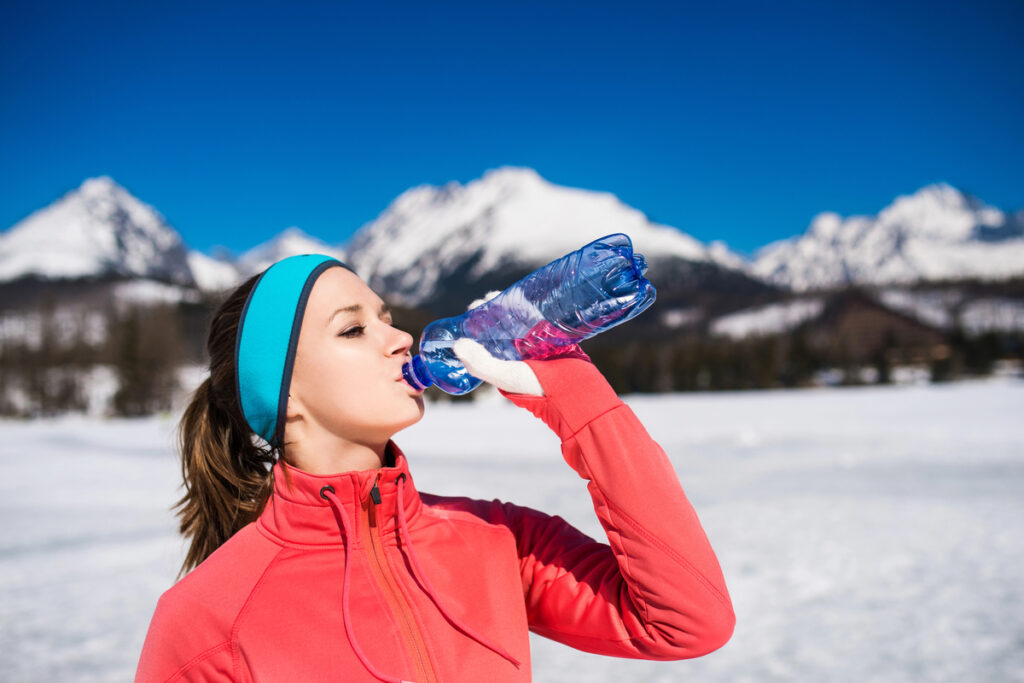
Many people assume they don’t need as much water in colder weather, but staying hydrated is just as important in winter as it is in summer. Even though you may not sweat as much, your body still loses water through breathing, especially in dry, heated environments.
You may also be less likely to feel thirsty in the cold, making it easier to forget to drink enough water. Make sure to keep drinking fluids throughout the day, even when it’s chilly outside. Your body needs hydration year-round.
Sports Drinks Are Necessary for Hydration
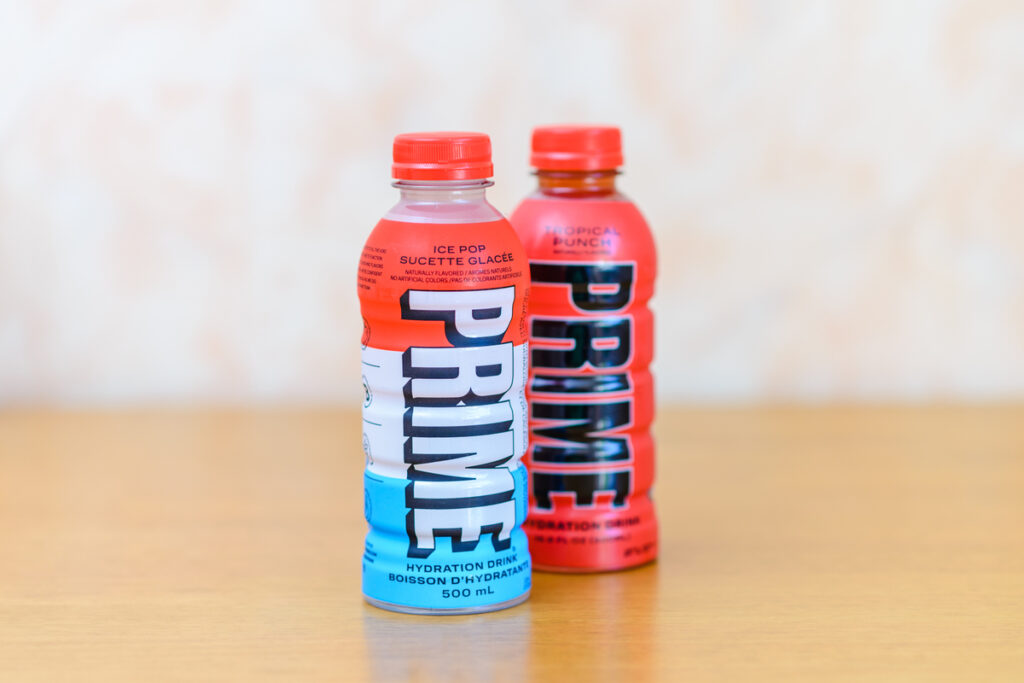
Sports drinks are often marketed as essential for hydration, especially after exercise, but they’re not necessary for most people. These drinks contain electrolytes like sodium and potassium, which can be helpful if you’re doing intense exercise for long periods, but they also contain added sugars and calories.
For most people, plain water is enough to stay hydrated during regular physical activity. If you’re doing heavy workouts, you can get electrolytes from food or make your own healthier version of a sports drink.
Drinking Water Prevents Cramps
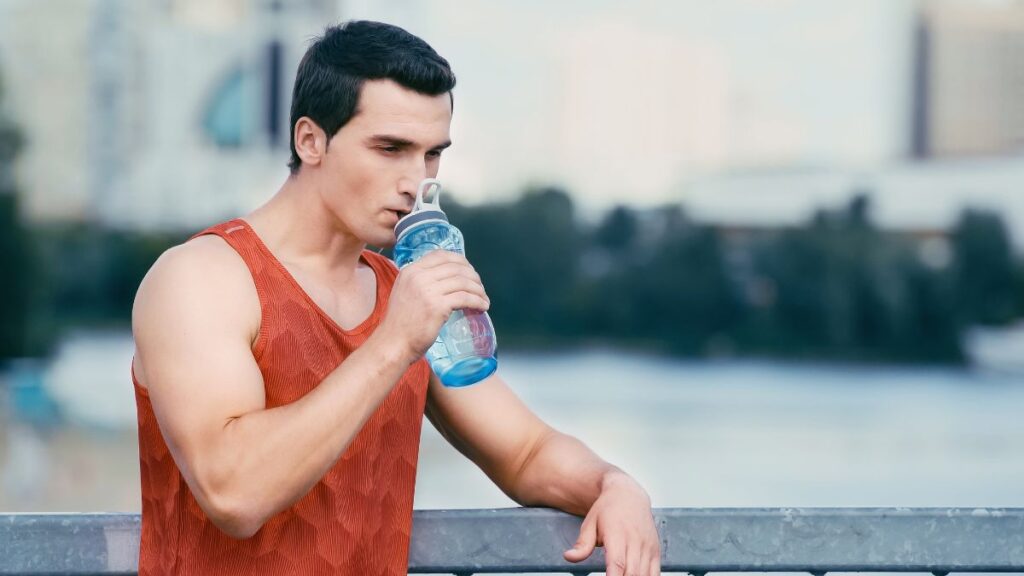
While dehydration can contribute to muscle cramps, drinking water alone won’t prevent them. Various factors, including overuse, muscle fatigue, and imbalances in electrolytes like sodium, potassium, and magnesium, cause muscle cramps.
Drinking water can help maintain proper electrolyte balance, but if you’re not getting enough of these minerals from your diet, water won’t solve the problem. Stretching, proper warm-ups, and a balanced diet are key to preventing cramps and staying hydrated.
Coconut Water Is the Best Hydration Option
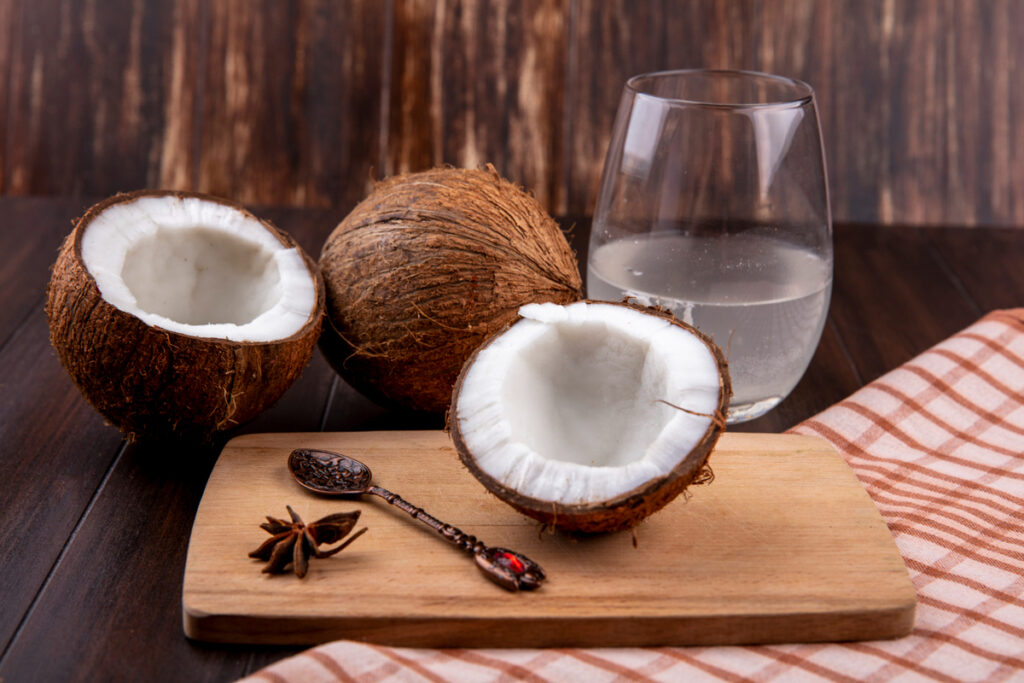
Coconut water is often hailed as a super-hydrator, but while it does contain electrolytes like potassium, it’s not necessarily better than regular water. While it can be a good option after a workout, it also contains calories and sugar that plain water doesn’t.
Water is still the best choice for everyday hydration. If you enjoy coconut water, it can be part of your hydration routine but don’t rely on it as your only source of fluids. It’s just one option among many.
15 Things That Have Become So Expensive People Are Giving Them Up

With the cost of living steadily increasing, people are being forced to rethink how they spend their money. Many everyday items, services, and activities have become too expensive to justify.
15 Things That Have Become So Expensive People Are Giving Them Up
15 Things You Should Never Share With Anyone

While sharing personal information has become increasingly common, it’s essential to recognize that not everything is meant to be shared with others. Some aspects of our lives are best kept private to protect our well-being, relationships, and sense of self.

